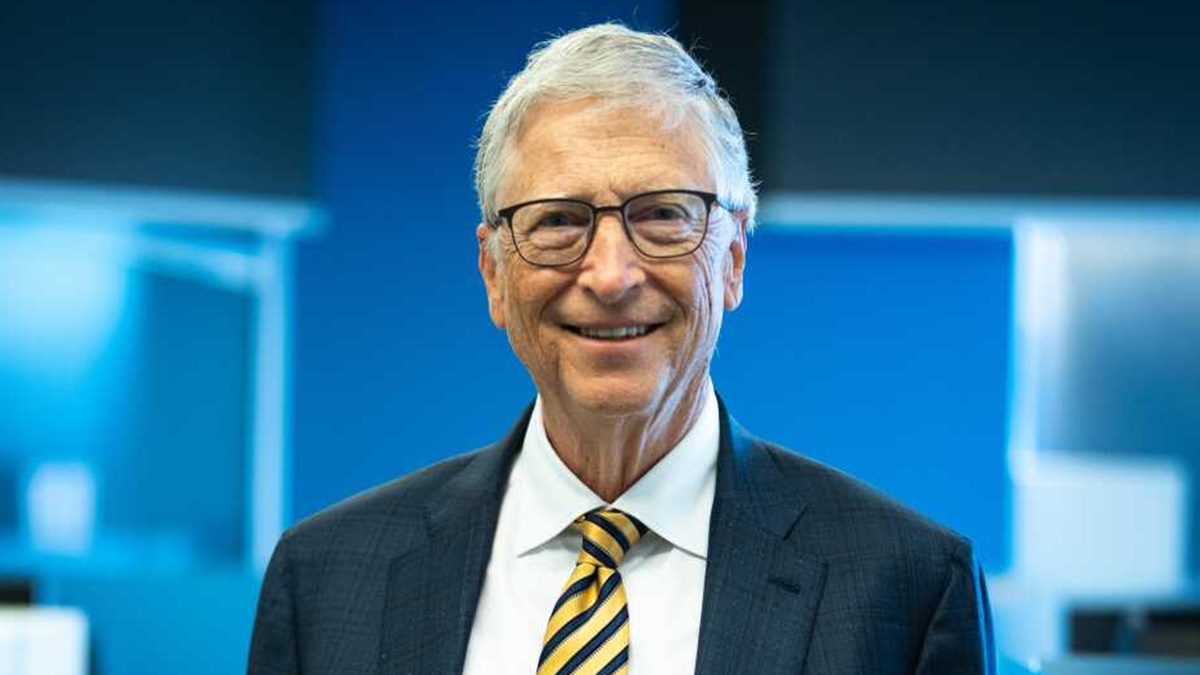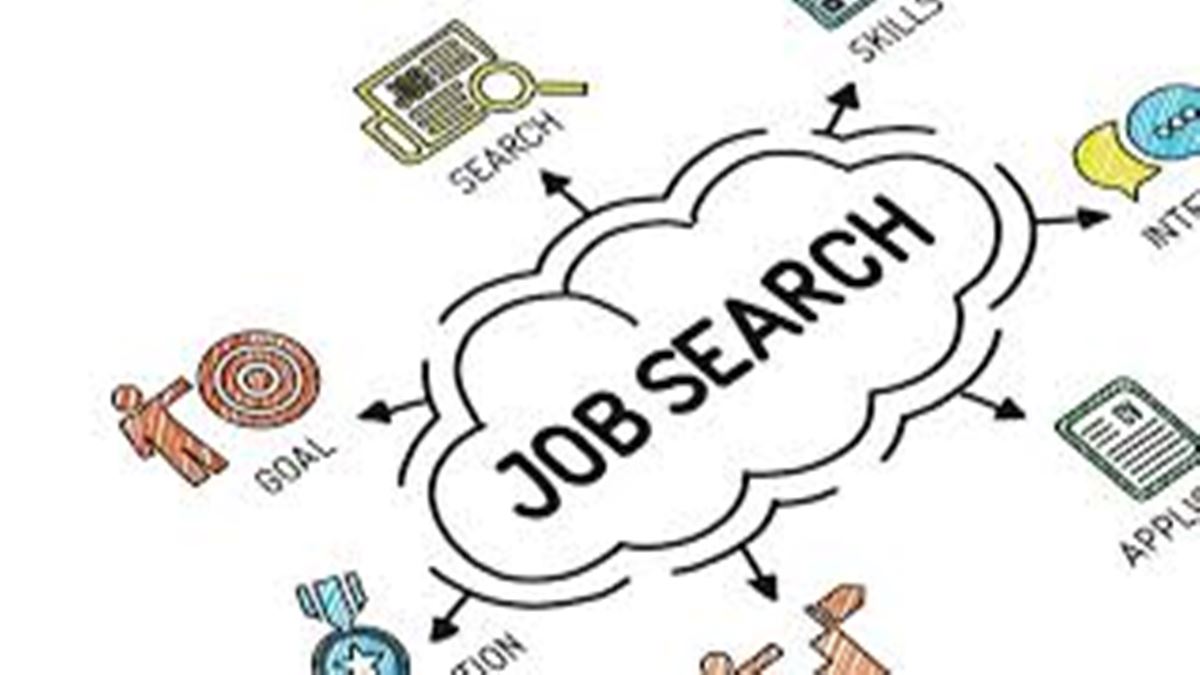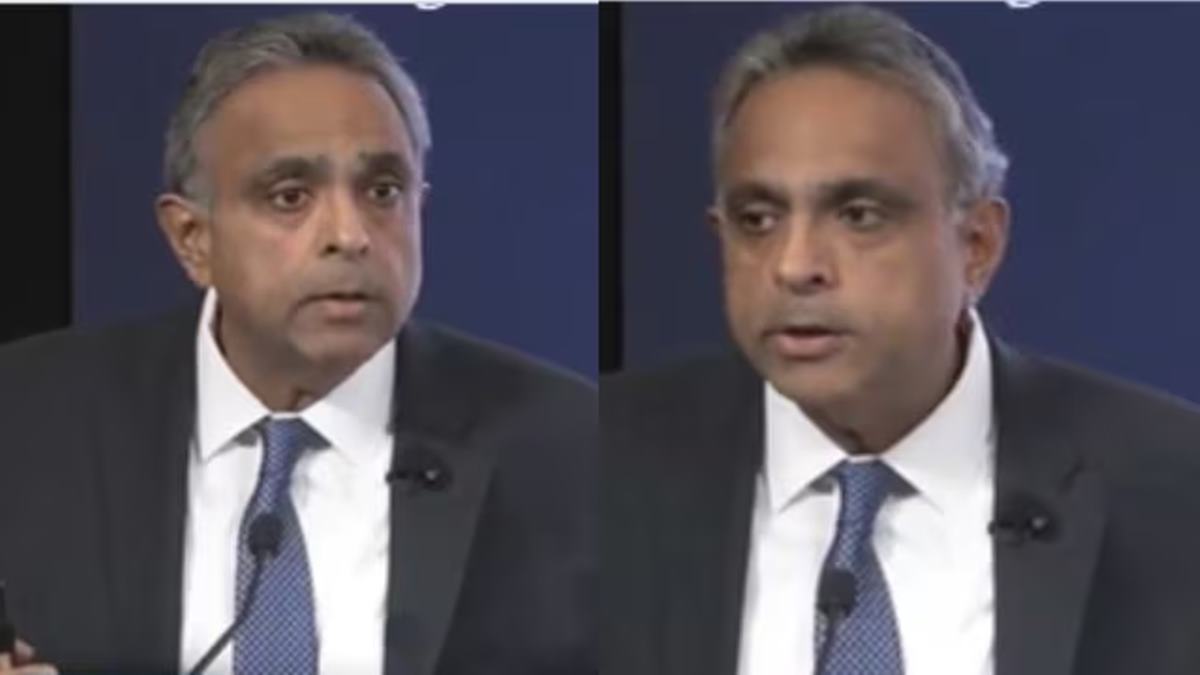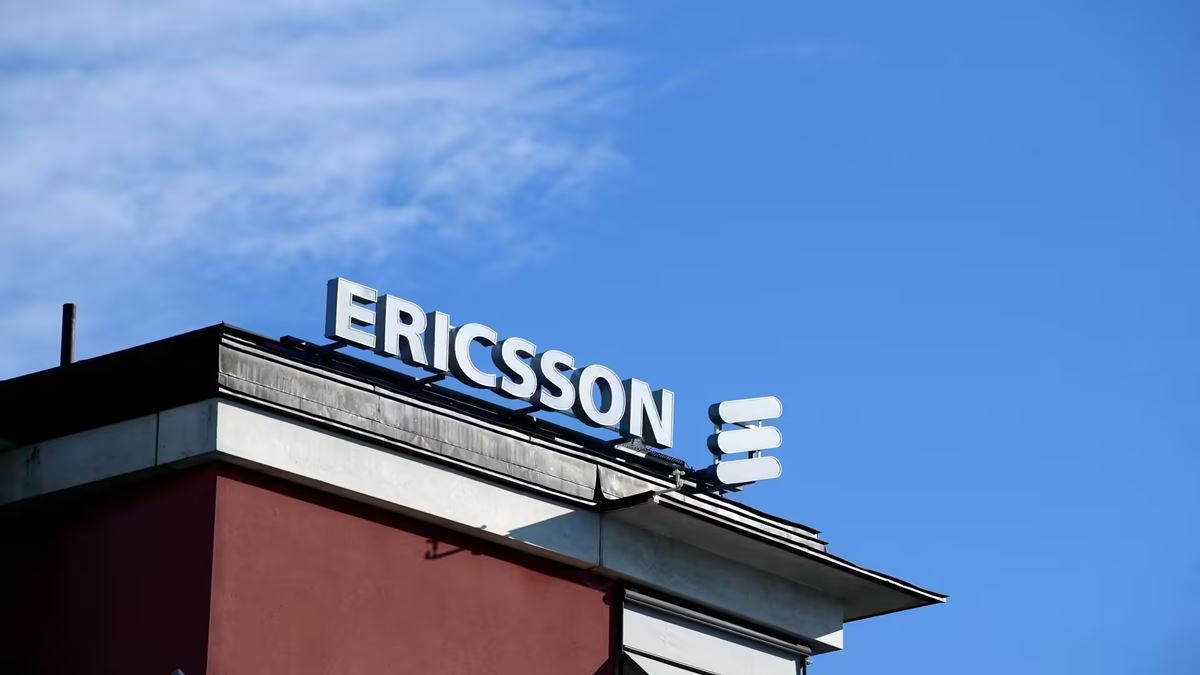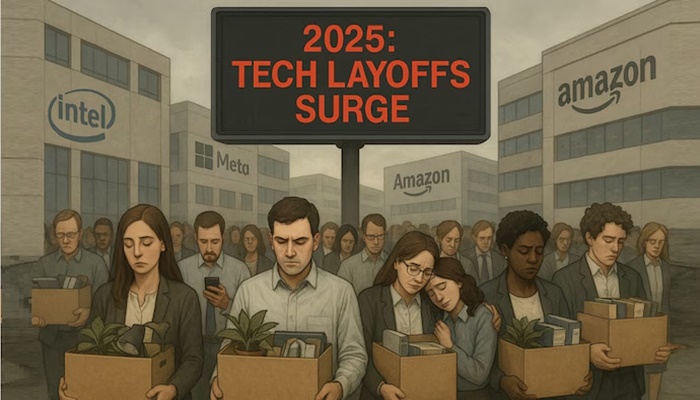Times have changed and so have the mindsets of people and different generations. There is a revolution happening in the way people approach work. Where millennials lived to work, Gen Z works to live, Millennials were a generation of hustle, Gen Z is a generation of pause.
While it looks like Genz doesn’t want to work as much and they are ‘lazy’ or they don’t understand professionalism. But the story is bigger than that. It’s about two generations shaped by very different worlds. From the insights of Dr Tarun Sehgal, Senior Psychiatrist & Co Founder, Solh Wellness, we will delve into this topic of how these differences are rooted in psychology, social change, and evolving definitions of success.
Two Different Worlds, Two Different Mindsets
Well it’s just about different mindsets; it’s also about circumstances both generations grew up in. Millennials grew up in a climate of scarcity: fewer jobs, rising costs, and a digital world that was just beginning to explode. For them, hard work was survival. Hustle culture was the ladder up. Gen Z, on the other hand, has grown up in a constant state of saturation, information, technology, advice, and pressure coming at them from all directions. “So while millennials sought work to prove their worth, Gen Z questions whether the work is even worth it. It’s not an entitlement. It’s context”, says Dr. Sehgal.
Boundaries Are Not Laziness
The biggest criticism Gen Z faces is that they “don’t want to work hard.” But as Dr. Sehgal points out, “It’s a sign of neurological maturity. Chronic stress impairs cognitive flexibility and emotional regulation. Setting boundaries isn’t about avoiding stress, it’s about managing it before it leads to long-term psychological wear and tear. Gen Z isn’t rejecting effort; they’re rejecting the glorification of burnout. That’s not immaturity, that’s wisdom, backed by neuroscience”. Hence, boundaries, in this context, aren’t a way out. They’re a way through.
This also means success has been redefined. It is no longer about endlessly working without rest. “Redefining success and resisting overwork are not laziness. In fact, Gen Z is highly entrepreneurial, they just don’t want their entire identity tethered to output. Clinically, we know sustained productivity is impossible without recovery. So if Gen Z wants meaning, impact, and rest, that’s not rebellion, that’s resilience. It’s time to stop diagnosing generational shifts as moral failures.” In this new definition, balance is not the enemy of ambition, it is what makes ambition sustainable.
Can Millennials and Gen Z Learn From Each Other?
The future lies in the balance, both the generations must learn from each other. Dr. Sehgal says, “Millennials need to unlearn guilt around rest; Gen Z needs to build tolerance for discomfort”, The future of work may belong to those who can carry both of these lessons at once: the drive of the millennials and the emotional awareness of Gen Z.
Hence, work life balance today is not an option, it’s a strategy. Millennials teaches us to work with everything and without any limits, while Gen Z teaches us to protect those limits because you don’t have to over work, over pain, or exhaust yourself to prove yourself, and to prove that you deserve happiness, you deserve it everyday, all the time, even when you are not working.
Somewhere between these two, lies a future where ambition and wellbeing can coexist. It is a future where success is not measured only by titles or hours spent at work, but by the quality of life you build, the relationships you nurture, and the purpose you find in your work.


